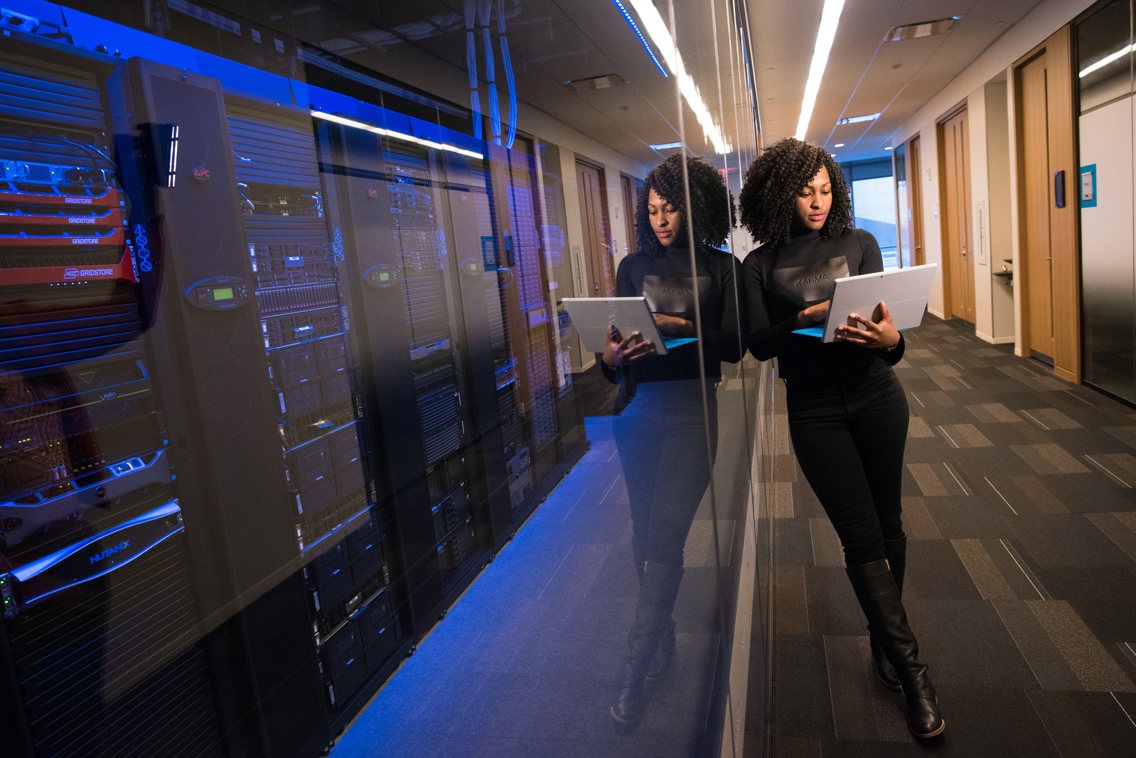What if your work was automated?
-
Sist oppdatert
29. juni 2021
-
Kategori
-
Tema
- Automatisering
- Arbeidsliv
Oganizations can successfully develop automation initiatives and facilitate meaningful work by involving their employees in the process.
KNOWLEDGE @ KRISTIANIA: Automation of Work
The idea of automation replacing humans in the workplace has been given considerable attention, while less attention has been afforded to how people develop a meaningful work life with automation of routine work.
Within the past few years, we have become interested in studying how employees, who have had their routine work automated with robotic process automation have experienced its influence on their work and its meaningfulness.
Robotic process automation can be considered a low-level form of intelligent automation, which is suitable for automation of routine work. Its use is growing exponentially in both the public and the private sector and across several domains, such as accounting, administration and insurance.
- Read Also: The Innovation Issue: Kunnskap Kristiania (Link to E-magazine)
Intelligent automation in organizations
The field of intelligent automation has primarily been driven by computer scientists and focused on the technical capabilities.
But since the introduction of intelligent automation has significant implications for employees, we found it reasonable to focus on individual aspects of the process as well as the organizational and managerial.
In general, the literature associated with robotic process automation focus on two levels of capabilities; the general organization and the individual employee.
Furthermore, the literature that focus on the individual employee in general focus on two levels of capabilities; the capability of robotic process automation to change the nature of work and the creation of new roles for employees.
- Read also: Fem typer kompetanse for fremtiden
Work meaningfulness
Meaningful work is largely conceptualized as a positively valenced construct and can be defined as: “Work that is experienced as particularly significant and holding more positive meaning for individuals” (Rosso et al., 2010:95).
For employees, experiences of work meaningfulness can be derived from both conducting work-related activities that are found enjoyable and personally enriching, where one can express one’s full potential (i.e. self-realization), as well as pursuing a purpose and contributing to something beyond pure self-interest.
According to Hackman and Oldham’s well-known “Job Characteristic Theory” experienced meaningfulness of work can arise from the level of autonomy, skill variety, task identity and task significance in one’s job.
The opportunity to shape one’s work is conceptualized in organizational psychology as “job crafting”. It is found that by proactively crafting the job resources and demands, workers experience a higher degree of work meaningfulness, not only directly, but also indirectly through the optimization of person-job fit.
- Read also: Hvordan blir fremtidens arbeidsliv?
Involving employees
We have interviewed managers and employees in Norwegian private and public organizations across several sectors, who have automated routine work with robotic process automation. We found that automation had a profound influence on employees’ experiences of meaningful work with both positive and negative outcomes.
In general, the decision to automate a work process were made in the sub-units of the organizations. As managers and employees in the units are well suited to make decisions about automation processes, we found employees in all the organizations were involved in the process of mapping, standardizing, and operating the robot.
The involvement of employees with process expertise provides new opportunities for organizations to both develop their automation initiatives and facilitate meaningful work.
How and to what degree automation cause changes in work and facilitate and enable meaningful work for employees seem to be related to the organizations’ structure, sector and approach to automation.
However, we argue that all organizations with pre-defined job boundaries and roles have an obligation to take responsibility to facilitate employees’ opportunities for achieving work meaningfulness.
Automate to enrich employees work experiences
Automation of routine work with robotic process automation is a strong enabler for developing meaningful work as it is often driven by employees with process expertise in the business units, who have autonomy and influence on the process.
The tasks that are automated are often tedious and time consuming, hence they liberate time for the employee. In most cases employees found this to result in more enriching work experiences, but in some cases, it resulted in more routine work.
Where employees are afforded autonomy to design and craft their own jobs, they often found opportunities to develop their skill sets and/or engage with relevant others inside and outside their organization.
We believe that our work has implications for practice:
- Organizations may not take sufficient advantage of their human resources when automating work.
- Based on our findings, organizations serve employees and organizational interests best if they focus on creating autonomy for employees’ and facilitate opportunities for job crafting.
Reference:
Staaby, A, K. S. Hansen, and T. Grønli (2021): Automation of Routine Work : A Case Study of Employees' Experiences of Work Meaningfulness. Proceedings of the 54th Hawaii International Conference on System SciencesHonolulu: Hawaii International Conference on System Sciences (HICSS) 2021, p. 156-165.
The authors wish to acknowledge the contributions made by Krisitine Hanssen and Viktoria Utgaard to this work.
This article is first published in the Innovation Issue of Kunnskap Kristiania (link to E-Magazine), to be launched on 19th of August 2021.
Text: Assistant Professor Kjeld S. Hansen, Anne Staaby and professor Tor-Morten Grønli, researchers at the Mobile Technology Lab, Department of Technology at Kristiania University College.
Feedback:
We would love to hear your opinion. Send your comments and questions regarding this article by E-mail to kunnskap@kristiania.no.


